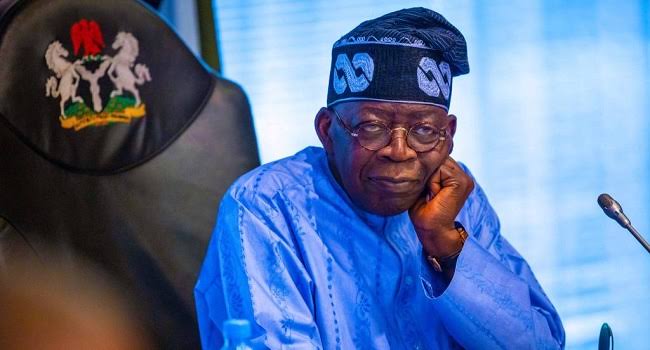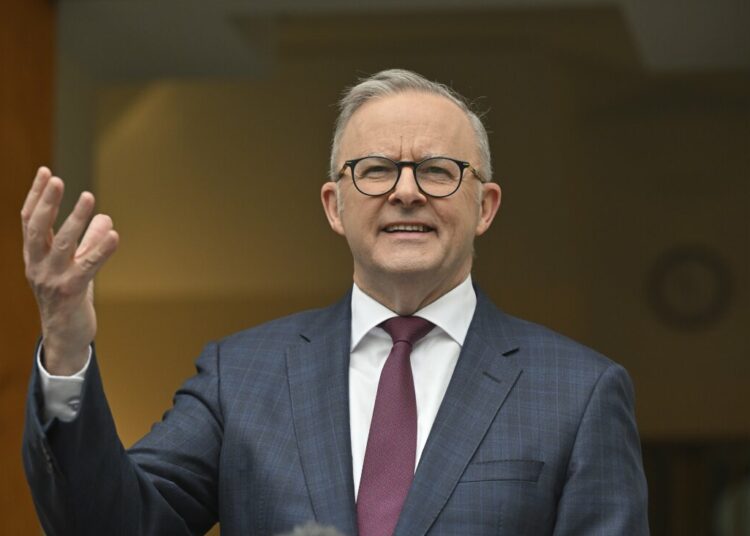Nigeria’s unemployment rate has continued to rise under President Bola Tinubu’s administration, according to recent reports from the National Bureau of Statistics (NBS). In Q1 2024, the unemployment rate increased to 5.3%, up from 5.0% in Q3 2023. The rate is particularly concerning in urban areas, where it reached 6.0%, compared to 4.3% in rural areas. Notably, states like Abia recorded unemployment as high as 18.7%, while Nasarawa had the lowest at 0.5%.
Several factors contribute to the worsening unemployment, including economic policies introduced by the Tinubu government, such as the removal of fuel subsidies and the floating of the naira, which have led to inflation and business closures. Inflation reached a 19-year high of almost 30%, further straining the economy and increasing the cost of living for many Nigerians. This has exacerbated the unemployment crisis, with more businesses, including multinationals, shutting down due to unstable economic conditions and high operational costs.
To address these challenges, experts suggest that the government should strengthen institutions supporting job creation and focus on long-term economic reforms aimed at improving the business environment. However, the current situation continues to create uncertainty and hardship for Nigerians.











